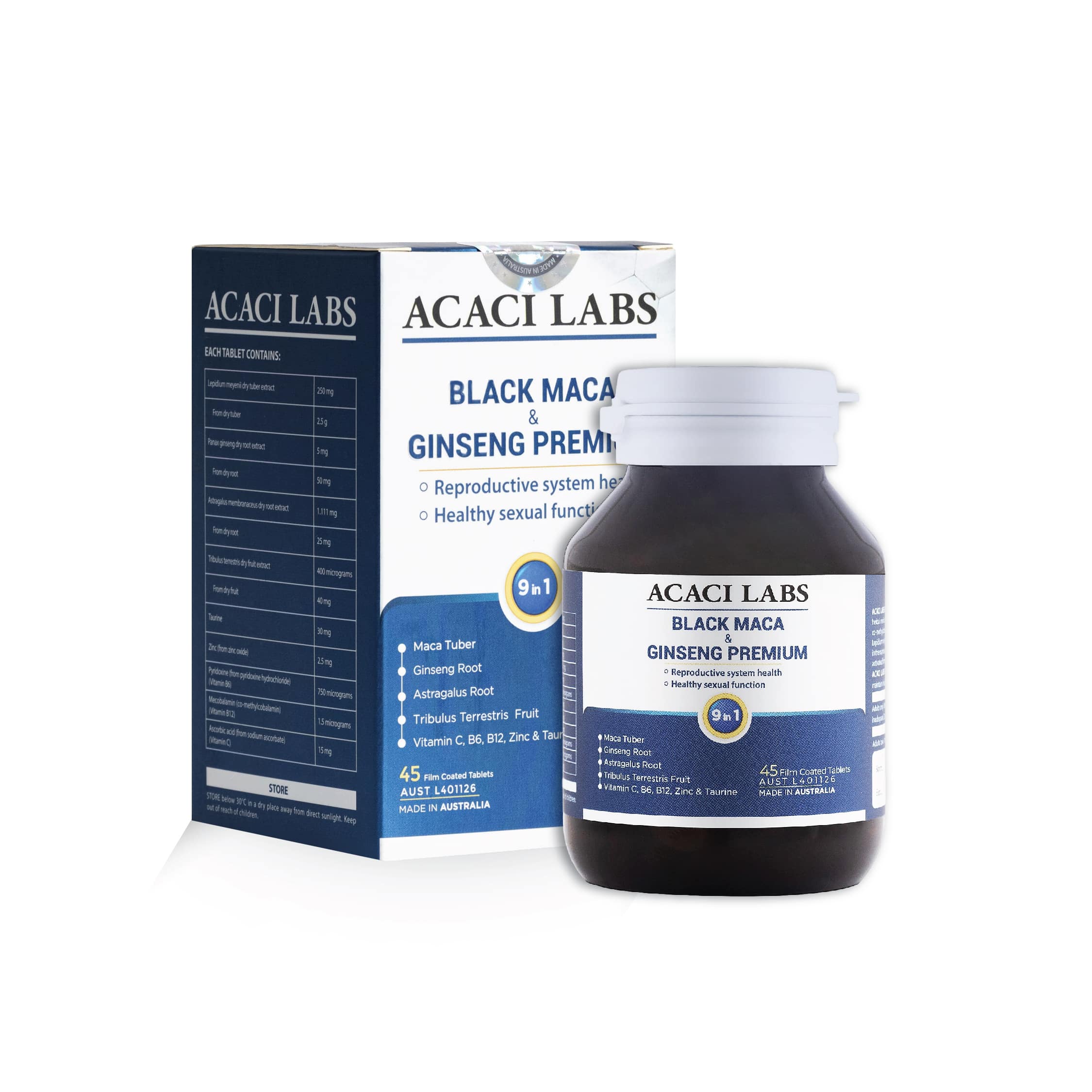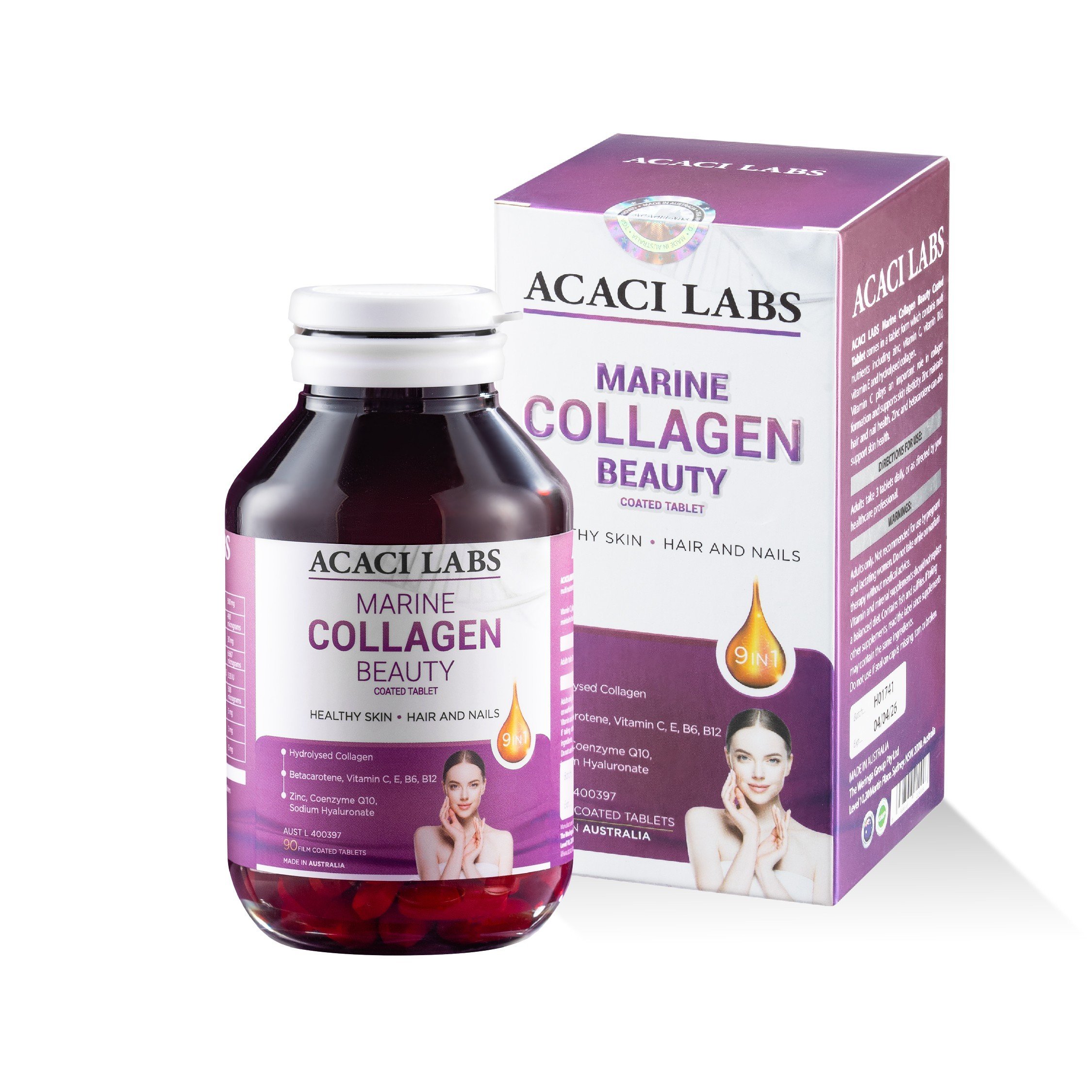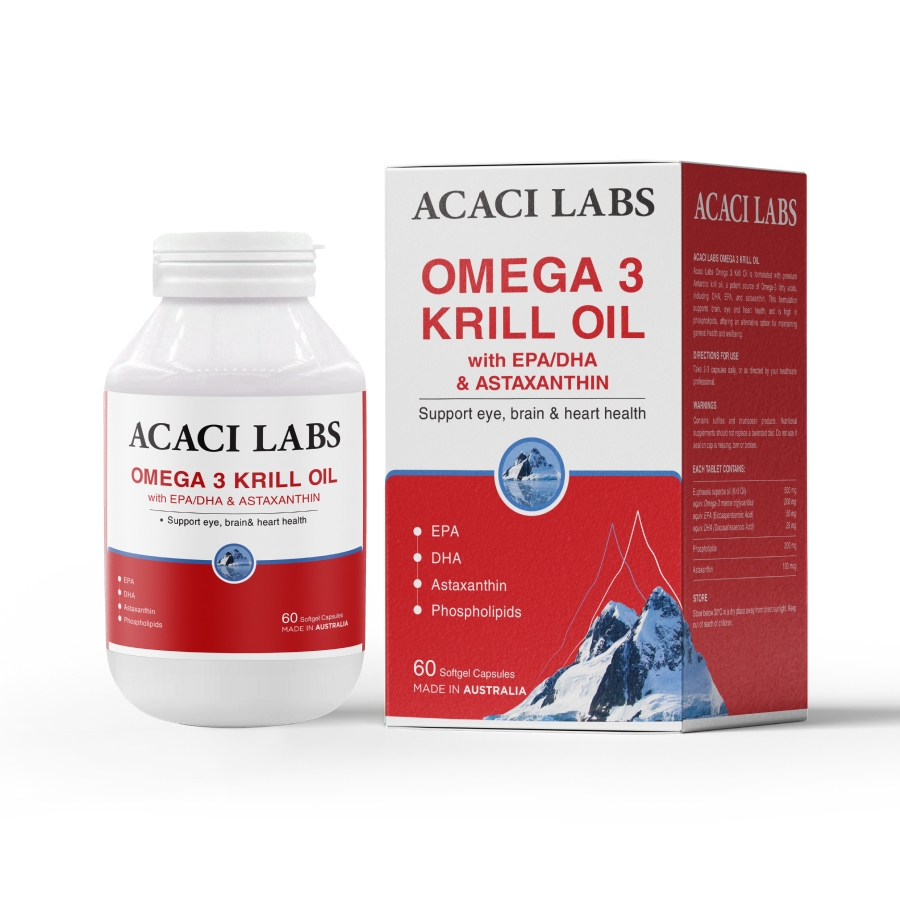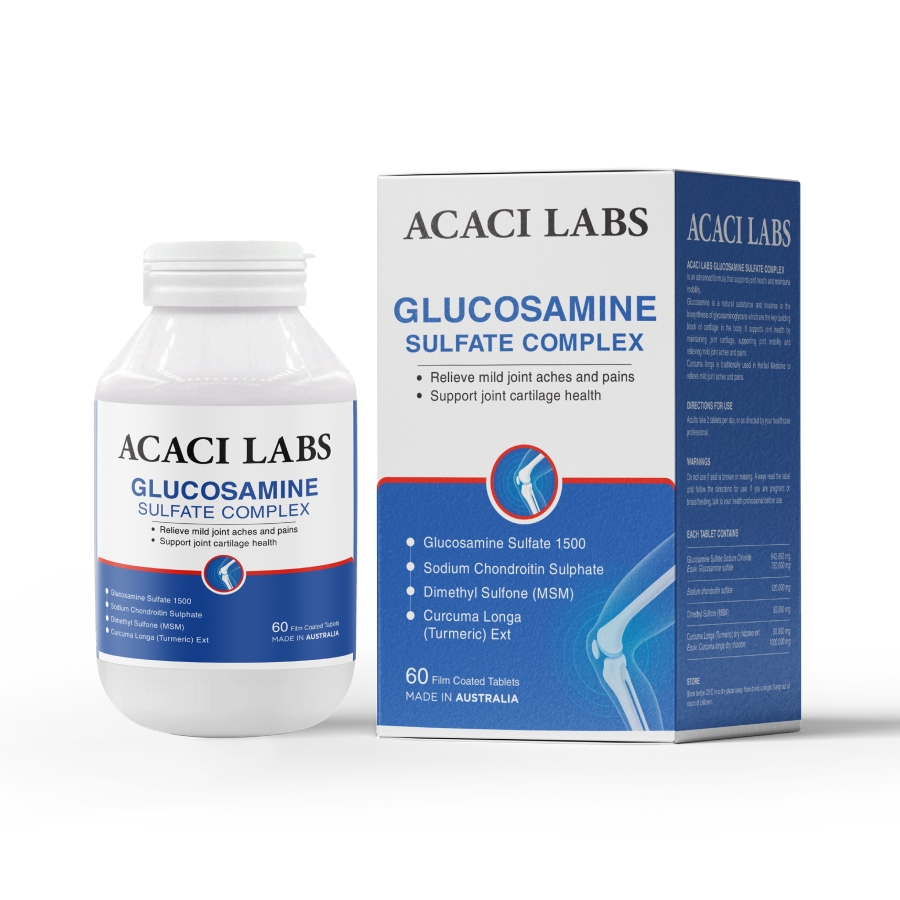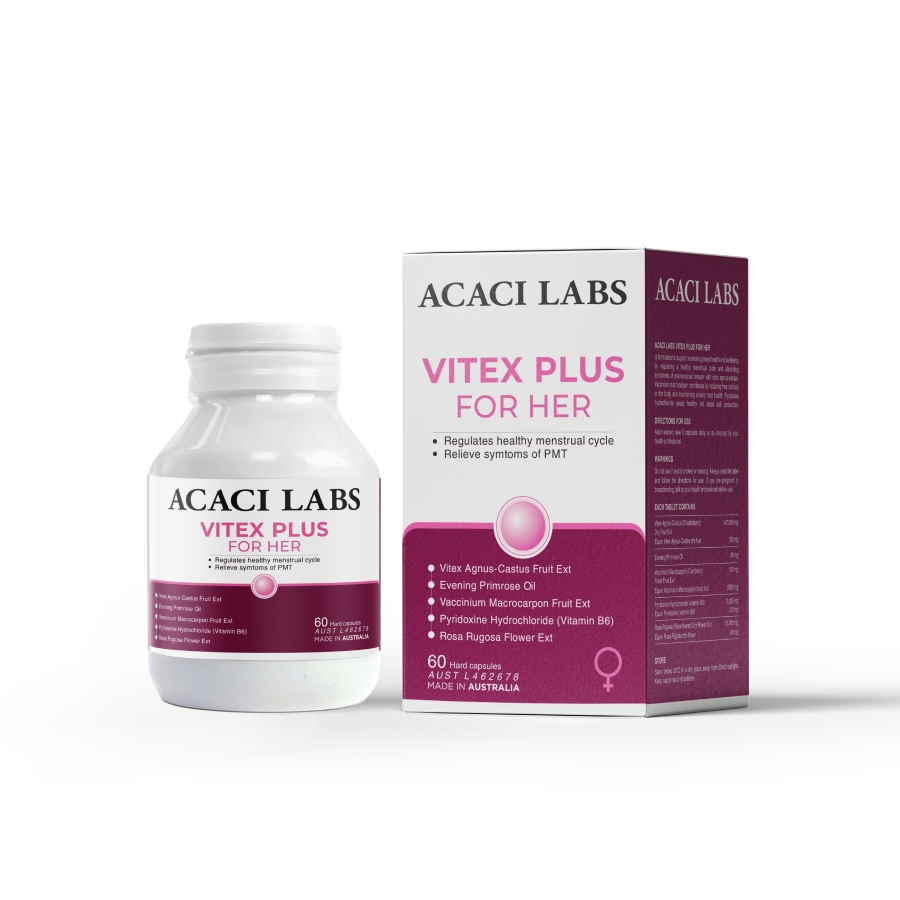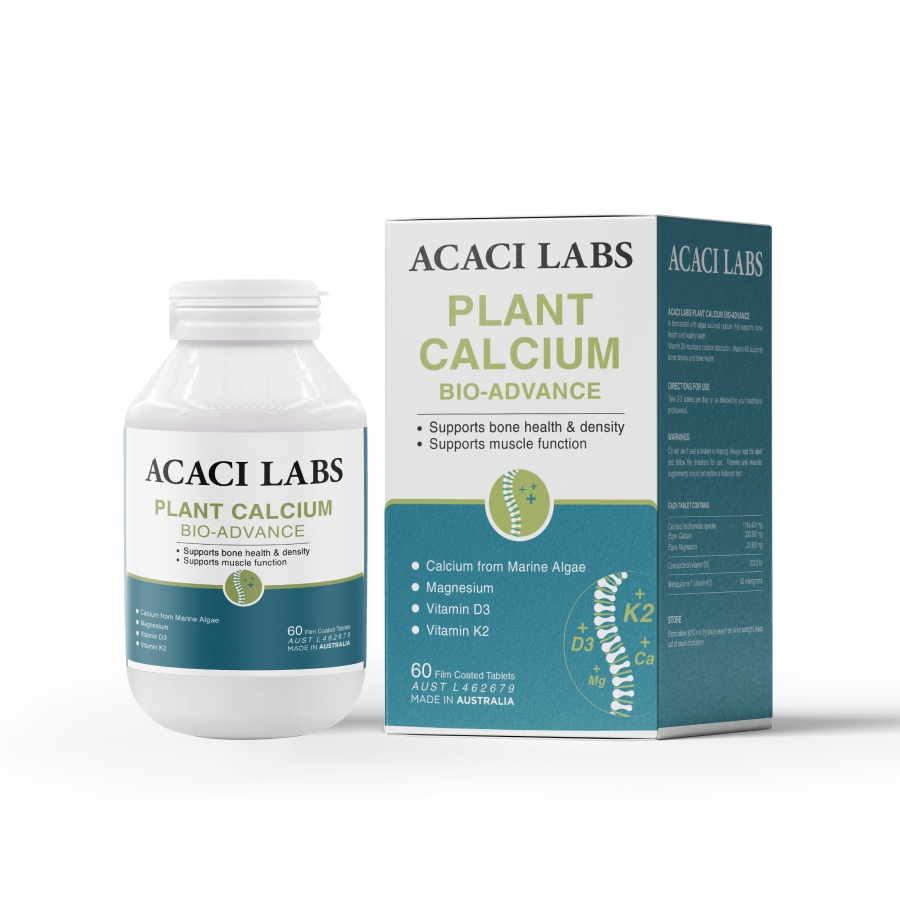About Marine Collagen
The Nutrition Source
Collagen is the most abundant protein in the body. Its fiber-like structure is used to make connective tissue. Like the name implies, this type of tissue connects other tissues and is a major component of bone, skin, muscles, tendons, and cartilage. It helps to make tissues strong and resilient, able to withstand stretching.
In food, collagen is naturally found only in animal flesh like meat and fish that contain connective tissue. However, a variety of both animal and plant foods contain materials for collagen production in our own bodies.
Our bodies gradually make less collagen as we age, but collagen production drops most quickly due to excess sun exposure, smoking, excess alcohol, and lack of sleep and exercise. With aging, collagen in the deep skin layers changes from a tightly organized network of fibers to an unorganized maze. [1] Environmental exposures can damage collagen fibers reducing their thickness and strength, leading to wrinkles on the skin’s surface.
Collagen Supplementation
Despite its abundance in our bodies, collagen has become a top-selling supplement purported to improve hair, skin, and nails—key components of the fountain of youth. The idea of popping a pill that doesn’t have side effects and may reverse the signs of aging is attractive to many. According to Google Trends, online searches for collagen have steadily increased since 2014.
Collagen first appeared as an ingredient in skin creams and serums. However, its effectiveness as a topical application was doubted even by dermatologists, as collagen is not naturally found on the skin’s surface but in the deeper layers. Collagen fibers are too large to permeate the skin’s outer layers, and research has not supported that shorter chains of collagen, called peptides, are more successful at this feat.
Oral collagen supplements in the form of pills, powders, and certain foods are believed to be more effectively absorbed by the body and have skyrocketed in popularity among consumers. They may be sold as collagen peptides or hydrolyzed collagen, which are broken down forms of collagen that are more easily absorbed. Collagen supplements contain amino acids, the building blocks of protein, and some may also contain additional nutrients related to healthy skin and hair like vitamin C, biotin, or zinc.
What does the research say on collagen supplements?
Most research on collagen supplements is related to joint and skin health. Human studies are lacking but some randomized controlled trials have found that collagen supplements improve skin elasticity. [3,4] Other trials have found that the supplements can improve joint mobility and decrease joint pain such as with osteoarthritis or in athletes. [5] Collagen comprises about 60% of cartilage, a very firm tissue that surrounds bones and cushions them from the shock of high-impact movements; so a breakdown in collagen could lead to a loss of cartilage and joint problems.
However, potential conflicts of interest exist in this area because most if not all of the research on collagen supplements are funded or partially funded by related industries that could benefit from a positive study result, or one or more of the study authors have ties to those industries. This makes it difficult to determine how effective collagen supplements truly are and if they are worth their often hefty price.
A downside of collagen supplements is the unknown of what exactly it contains or if the supplement will do what the label promotes. There are also concerns of collagen supplements containing heavy metals. In the U.S., the Food and Drug Administration does not review supplements for safety or effectiveness before they are sold to consumers.
Another potential downside is that taking a collagen supplement can become an excuse to not practice healthy behaviors that can protect against collagen decline, such as getting enough sleep and stopping smoking.
That said, the available research has not shown negative side effects in people given collagen supplements. [3,4]
Can You Eat Collagen?

There is a lack of research to show that eating collagen can directly benefit skin or joint health. When digested in the stomach, collagen is broken down into amino acids, which are then distributed wherever the body most needs protein. Still, many foods that support collagen production are generally recommended as part of a healthful eating plan.
Food containing collagen
- There are foods rich in collagen, specifically tough cuts of meat full of connective tissue like pot roast, brisket, and chuck steak. However, a high intake of red meat is not recommended as part of a long-term healthy and environmentally sustainable diet. Collagen is also found in the bones and skin of fresh and saltwater fish. [2]
- Bone broth, a trending food featured prominently in soup aisles, is promoted as a health food rich in collagen. The process involves simmering animal bones in water and a small amount of vinegar (to help dissolve the bone and release collagen and minerals) anywhere from 4 to 24 hours. However, the amount of amino acids will vary among batches depending on the types of bones used, how long they are cooked, and the amount of processing (e.g., if it is a packaged/canned version).
- Gelatin is a form of collagen made by boiling animal bones, cartilage, and skin for several hours and then allowing the liquid to cool and set. The breakdown of these connective tissues produces gelatin. Collagen and its derivative, gelatin, are promoted on certain eating plans such as the paleo diet.
Foods to boost collagen production
- Several high-protein foods are believed to nurture collagen production because they contain the amino acids that make collagen—glycine, proline, and hydroxyproline. [6] These include fish, poultry, meat, eggs, dairy, legumes, and soy.
- Collagen production also requires nutrients like zinc that is found in shellfish, legumes, meats, nuts, seeds, and whole grains; and vitamin C from citrus fruits, berries, leafy greens, bell peppers, and tomatoes.

Is bone broth healthy?
Bone broth has been eaten for centuries in various cultures because it is easy to digest and believed to have healing properties. Chicken broth is highly valued by some as a remedy for the flu. In more recent years it has been promoted to help symptoms from psychiatric and neurodevelopmental disorders including autism and attention-deficit hyperactivity. [7] Claims that it detoxifies the liver, improves digestion, reverses wrinkles, builds bones, and relieves join pain have led some marketing analysts to predict that the bone broth market will approach $3 billion by 2024. [8]
In reality, bone broth contains only small amounts of minerals naturally found in bone including calcium, magnesium, potassium, iron, phosphorus, sodium, and copper. The amount of protein, obtained from the gelatin, varies from 5-10 grams per cup.
There is some concern that bone broth contains toxic metals like lead. One small study found that bone broth made from chicken bones contained three times the lead as chicken broth made with the meat only. [7] However the amount of lead in the bone broth per serving was still less than half the amount permitted by the Environmental Protection Agency in drinking water. A different study found that bone broth, both homemade and commercially produced, contained low levels (<5% RDA) of calcium and magnesium as well as heavy metals like lead and cadmium. [9] The study noted that various factors can affect the amount of protein and minerals extracted in bone broth: the amount of acidity, cooking time, cooking temperature, and type of animal bone used. Therefore it is likely that the nutritional value of bone broths will vary widely.
Healthy Lifestyle Habits That May Help
Along with a healthy and balanced diet, here are some habits that may help protect your body’s natural collagen:
- Wear sunscreen or limit the amount of time spent in direct sunlight (10-20 minutes in direct midday sunlight 3-4 times a week provides adequate vitamin D for most people).
- Get adequate sleep. For the average person, this means 7-9 hours a night.
- Avoid smoking or secondhand smoke.
- Control stress. Chronically high cortisol levels can decrease collagen production.
- Although the exact connection between exercise and skin quality is unclear, some studies have found that exercise slows down cell activity involved with aging skin. [10]
Bottom Line
At this time, non-industry funded research on collagen supplements is lacking. Natural collagen production is supported through a healthy and balanced diet by eating enough protein foods, whole grains, fruits, and vegetables and reducing lifestyle risk factors.

